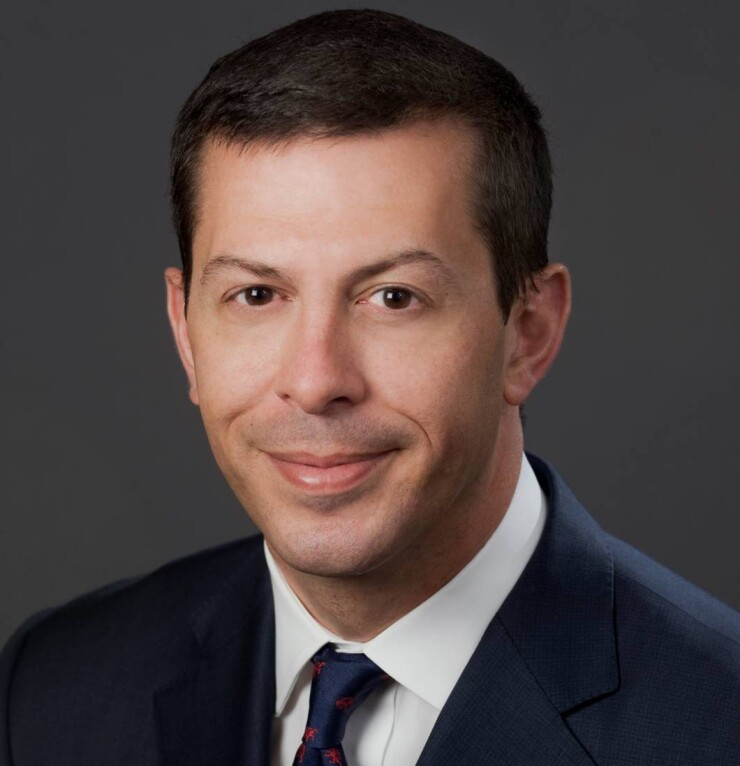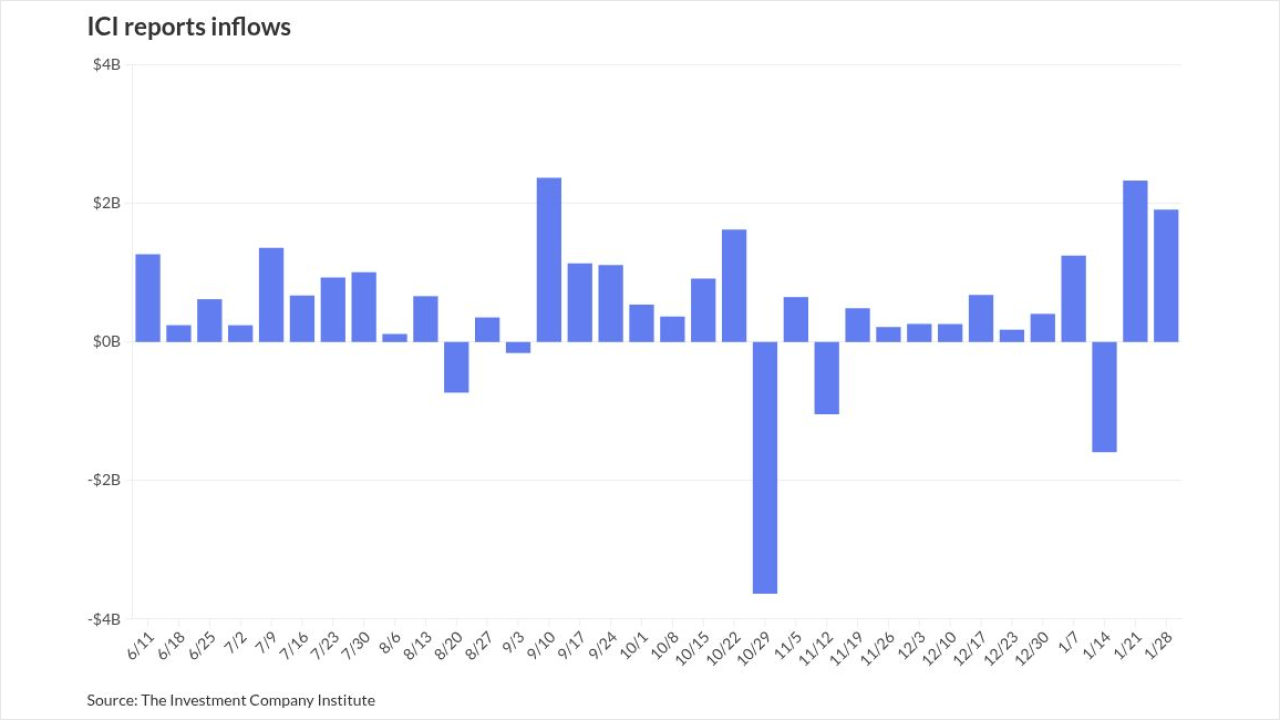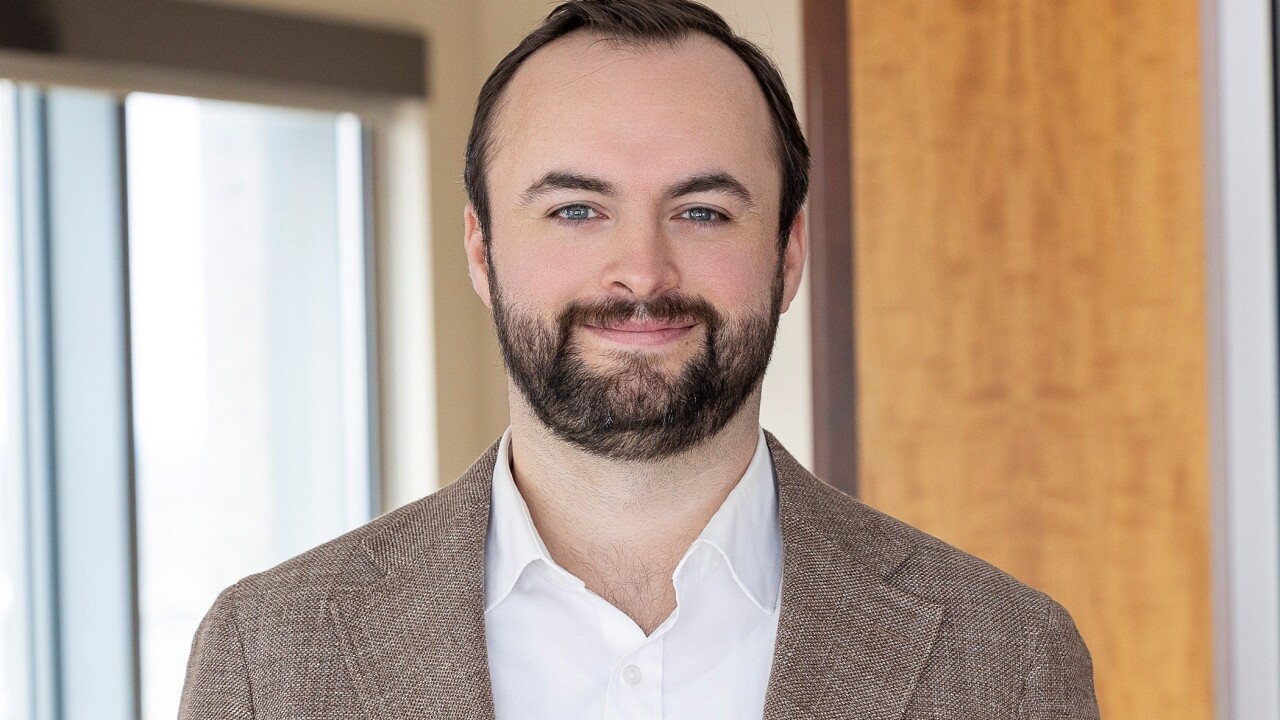WASHINGTON – The muni market is celebrating a victory following the passage of legislation that will make tradable, investment grade municipal securities high-quality liquid assets under bank liquidity rules and some are preparing to push for even more favorable treatment.
The Economic Growth, Regulatory Relief and Consumer Protection Act (S. 2155), sponsored by Senate Banking Committee chairman Mike Crapo, R-Idaho, was passed by the House Tuesday by a vote of 258 to 159 after the Senate approved it by a 67-31 vote in March.
Once signed into law as expected it would also roll back some provisions of the 2010 Dodd-Frank Act such as making fewer banks systemically important and easing the impact of the so-called Volcker Rule. It would also protect Puerto Rico investors.
The HQLA provisions in the bill are in response to Liquidity Coverage Ratio rules adopted by the Federal Reserve Board, the Office of the Comptroller of the Currency, and the Federal Deposit Insurance Corp. in 2014. These rules require banks with at least $250 billion of total assets or consolidated on-balance sheet foreign exposures of at least $10 billion to have a high enough liquidity coverage ratio – the amount of HQLA to total net cash outflows – to deal with periods of financial stress.
Bank regulators refused to include any munis as HQLA in the rules, believing they were not liquid. State and local groups complained the rules would discourage banks from investing in munis, while dealers joined them in warning that the rules would increase borrowing costs for issuers and lead to higher market volatility.
The concerns spurred the Fed to revise its LCR rules in April 2016 to count munis as level 2B HQLA assets if they met the same liquidity criteria that applies to corporate debt, though the other regulators did not follow suit.
Under the Crapo bill, banks would be able to treat some munis as level 2B HQLAs, the same level as for mortgage backed securities. That’s a level down from the 2A HQLA securities the market was hoping munis would be placed into, the same level for sovereign debt.
Muni groups applauded the passage.
“The National Association of State Treasurers commends Congress for taking a positive step toward supporting indispensable infrastructure projects across the nation,” said Beth Pearce, NAST President and Vermont State Treasurer. “One of our top priorities as treasurers is to finance public infrastructure upgrades at the lowest possible cost to taxpayers. Lawmakers have taken concrete action to lower borrowing costs and better position states to invest in infrastructure projects at the state and local level.”
“Classifying investment grade municipal securities as HQLA helps ensure that low-cost infrastructure financing remains available for state and local governments to continue to build the infrastructure for commerce, public safety, job creation and the development of an educated workforce,” said Emily Brock, director of the Government Finance Officers Association’s Federal Liaison Office.

“We applaud leadership’s recognition that a healthy investor base in municipal securities ensures that low-cost financing remains available for state and local governments to support our national infrastructure network and Congress’ dedication to ensuring the municipal bond remains the cornerstone of a healthy and productive economy. We look forward to working with the administration to ensure seamless implementation,” said Michael Decker, managing director and co-head of munis at the Securities Industry and Financial Markets Association. SIFMA is ready to work with the bank regulators on the next step, he added.
The National Association of Counties touted the importance of the HQLA provision on its blog. “Classifying investment grade municipal securities as HQLA will help ensure low-cost infrastructure financing remains available as municipal issuers continue building the local infrastructure on which our communities and the national economy rely,” the group said.
Bond Dealers of America chief executive officer Mike Nicholas was also upbeat about the bill’s passage, but vowed to keep pushing for the 2A classification that the market had asked for from the start.
“Representing middle-market and small fixed income dealers nationwide, the Bond Dealers of America applauds Congress on its efforts to redefine certain municipal bonds as ‘high-quality liquid assets,’” Nicholas said. “This legislation levels the playing field and makes municipal bonds a more attractive investment.”

“BDA calls on President Trump to follow Congress and sign this legislation that will encourage infrastructure development nationwide and reduce borrowing costs for state and local governments,” Nicholas continued. “While the BDA believes municipal bonds deserve the classification of level 2A liquid assets due to the long track record of safe investment, level 2B is a step in the right direction. BDA will continue to aggressively advocate on Capitol Hill for level 2A treatment for municipal bonds.”
The Crapo bill had hit a roadblock after the Senate approved it earlier this year and Rep. House Financial Services Committee chairman Jeb Hensarling, R-Texas, insisted a slew of reform bills be added to it. But House Speaker Paul Ryan, R-Wis., promised Hensarling votes on those separate financial reform bills, paving the way for the full Senate to vote on the Crapo bill as approved by the Senate Banking Committee.
Among the Dodd-Frank roll-backs, the Crapo measure would reduce the number of banks considered “systemically important” and “too big to fail” by bank regulators by raising the amount of assets to $250 billion from $50 billion.
The bill also would exempt from the Volcker Rule firms with less than $10 billion in assets and with total trading assets and liabilities not exceeding more than five percent of their total. The Volcker Rule is aimed at prohibiting banks from making certain kinds of speculative investments that could harm their customers.
The legislation would put an end to a legal loophole that allowed broker-dealers to defraud Puerto Rico investors by underwriting the territory's bonds and then repackaging those bonds into mutual funds whose shares they then sold exclusively to investors on the island. The bill would do this by applying the Investment Company Act of 1940 to investment companies operating in Puerto Rico and other territories.
The House passed an identical bill (H.R. 1366) in early May of 2017. That bill was sponsored by Rep. Nydia Velázquez, D-N.Y. The Senate provision in the final bill was sponsored by Sen. Robert Menendez, D-N.J.
The Crapo measure also requires the Government Accountability Office to produce a report detailing the impact that Hurricane Maria has had on foreclosures, delinquencies, and home ownership in Puerto Rico. GAO would be required to provide policy recommendations to address adverse impacts.





